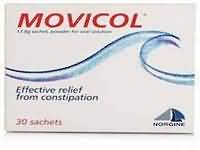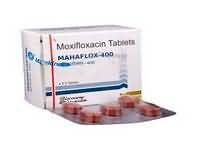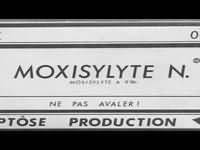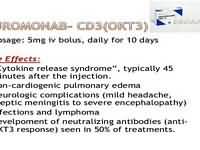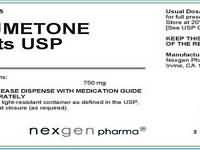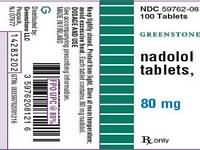risedronate sodium
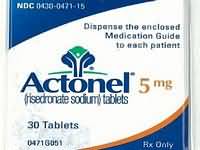
CLINICAL USE
Treatment and prevention of post- menopausal osteoporosis (including corticosteroid induced)Paget’s diseaseDOSE IN NORMAL RENAL FUNCTION
Post-menopausal osteoporosis: 5 mg daily or 35 mg weeklyPaget’s disease: 30 mg daily for 2 monthsPHARMACOKINETICS
DOSE IN RENAL IMPAIRMENT
GFR (mL/MIN)
DOSE IN PATIENTS UNDERGOING RENAL REPLACEMENT THERAPIES
IMPORTANT DRUG INTERACTIONS
Potentially hazardous interactions with other drugsCalcium-containing substances: avoid for 2 hours before and after administrationADMINISTRATION
Reconstition
–Route
OralRate of Administration
–Comments
–OTHER INFORMATION
Swallow whole with a glass of water 30 minutes before food. Sit or stand upright for 30 minutes after administrationRenal clearance is decreased by 70% in patients with creatinine clearance <30 mL/minNo data, but one paper suggests using a decreased dose when GFR< 20 mL/min.One paper reviewed all the information available and concluded that 50% of the recommended dose may be possible in ERF, but more trials are required, and osteomalacia and adynamic bone disease must first be excluded. Examples of use in other units in HD patients: Normal doses; 5 mg once weekly
See how to identify renal failure stages according to GFR calculation
See how to diagnose irreversible renal disease
Home

